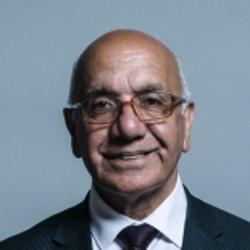Developing Countries: Coal
(asked on 20th April 2017) - View SourceQuestion to the Department for International Development:
To ask the Secretary of State for International Development, pursuant to the Answer of 31 March 2017 to Question 69479, what assessment her Department has made of the role that coal can play in lifting people in developing countries out of energy poverty.
The optimal energy mix of a country depends on a number of contextual factors. DFID assesses these on a case by case basis when deciding how best to support partner governments’ energy strategies, including potential health and environmental impacts.
International Energy Agency (IEA) analysis suggests that many rural areas can be served at a lower cost by off-grid or mini-grid solutions – such as solar PV, small scale hydropower, and even diesel generators – than by extension of a centralised electricity grid. Coal may offer a cost-effective solution to energy access in some areas that are either connected to a national grid or located close to a grid.
The UK has a clear policy position to end public funding for both new plants and new investments in existing coal-fired power plants, which has been agreed with the Department of Business, Energy and Industrial Strategy and other government departments. The UK Government will only consider proposals by multilateral development banks for financing coal-fired power plants in the world’s poorest countries where it is clearly demonstrated that no other economically feasible alternative exists, where it fits with the country’s pledged Intended Nationally Determined Contributions (INDCs) and where there is a clear poverty reduction case.

